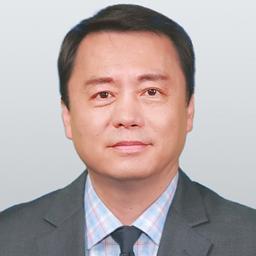The “greatest fear” for the Chinese Communist Party leader Xi Jinping is getting the country cut off from the rest of the world. But this is occurring, according to Gordon Chang, author and a senior fellow of Gatestone Institute.

Chinese leader Xi Jinping delivers a speech via video link to the opening ceremony of the Bo'ao Forum For Asia in southern China's Hainan Province on April 21, 2022. Huang Jingwen/Xinhua via AP
Dorothy Li is a reporter for The Epoch Times. Contact Dorothy at [email protected].
Author’s Selected Articles




